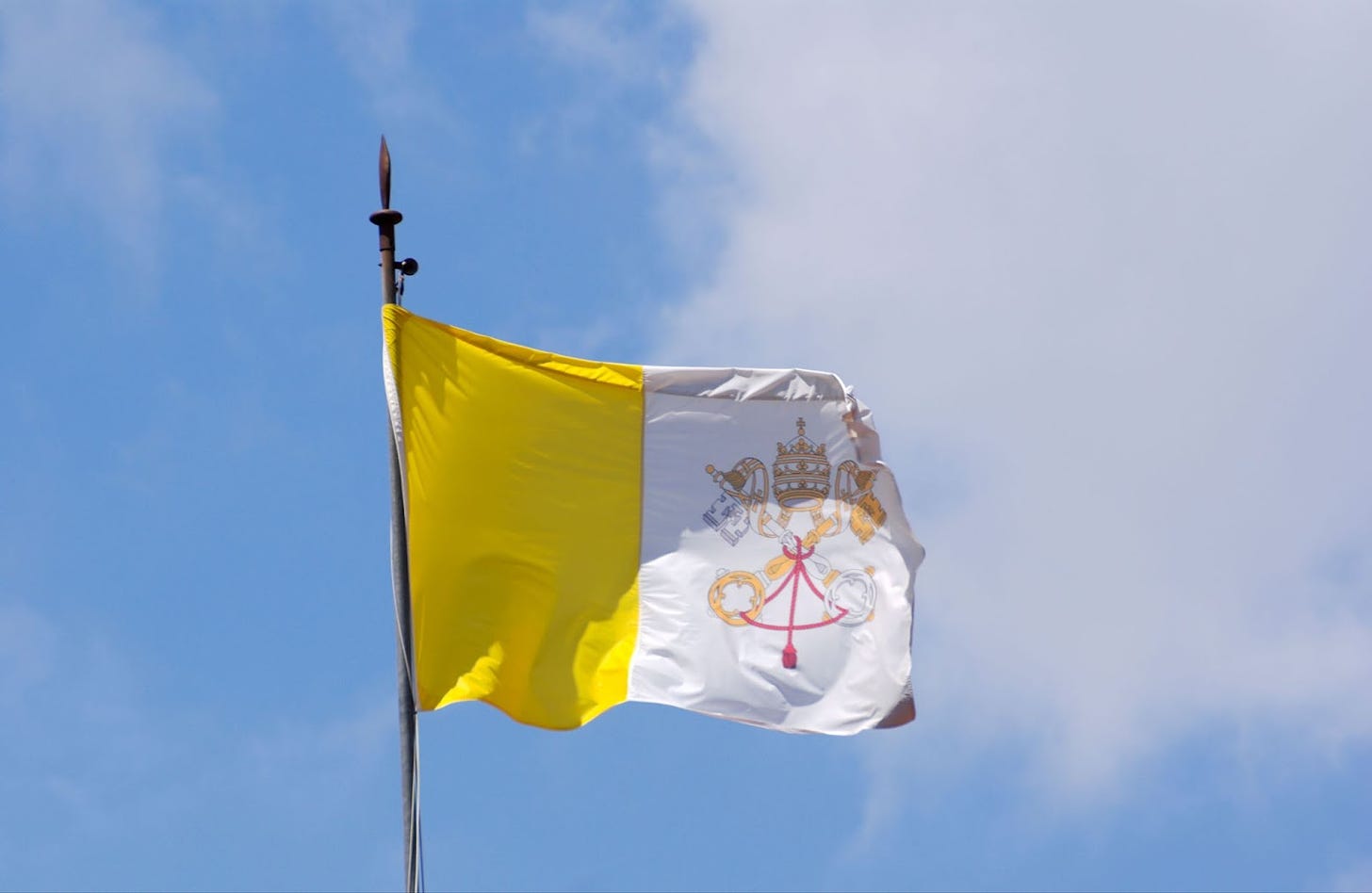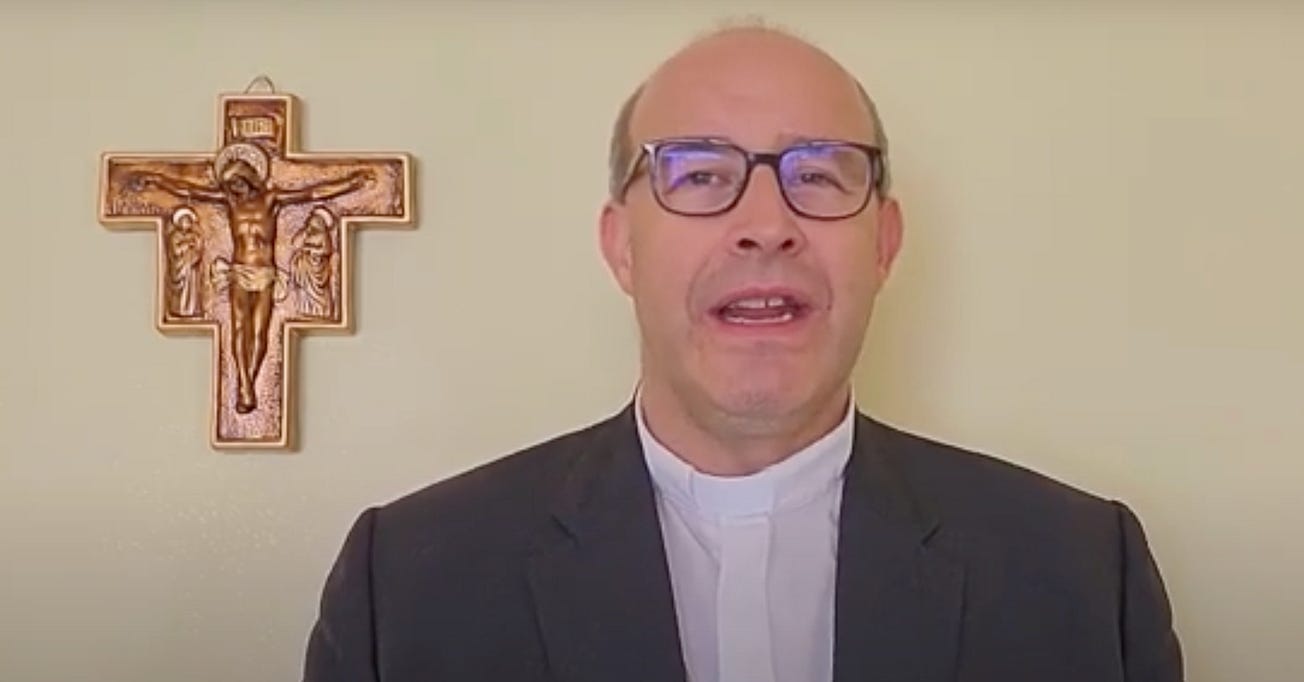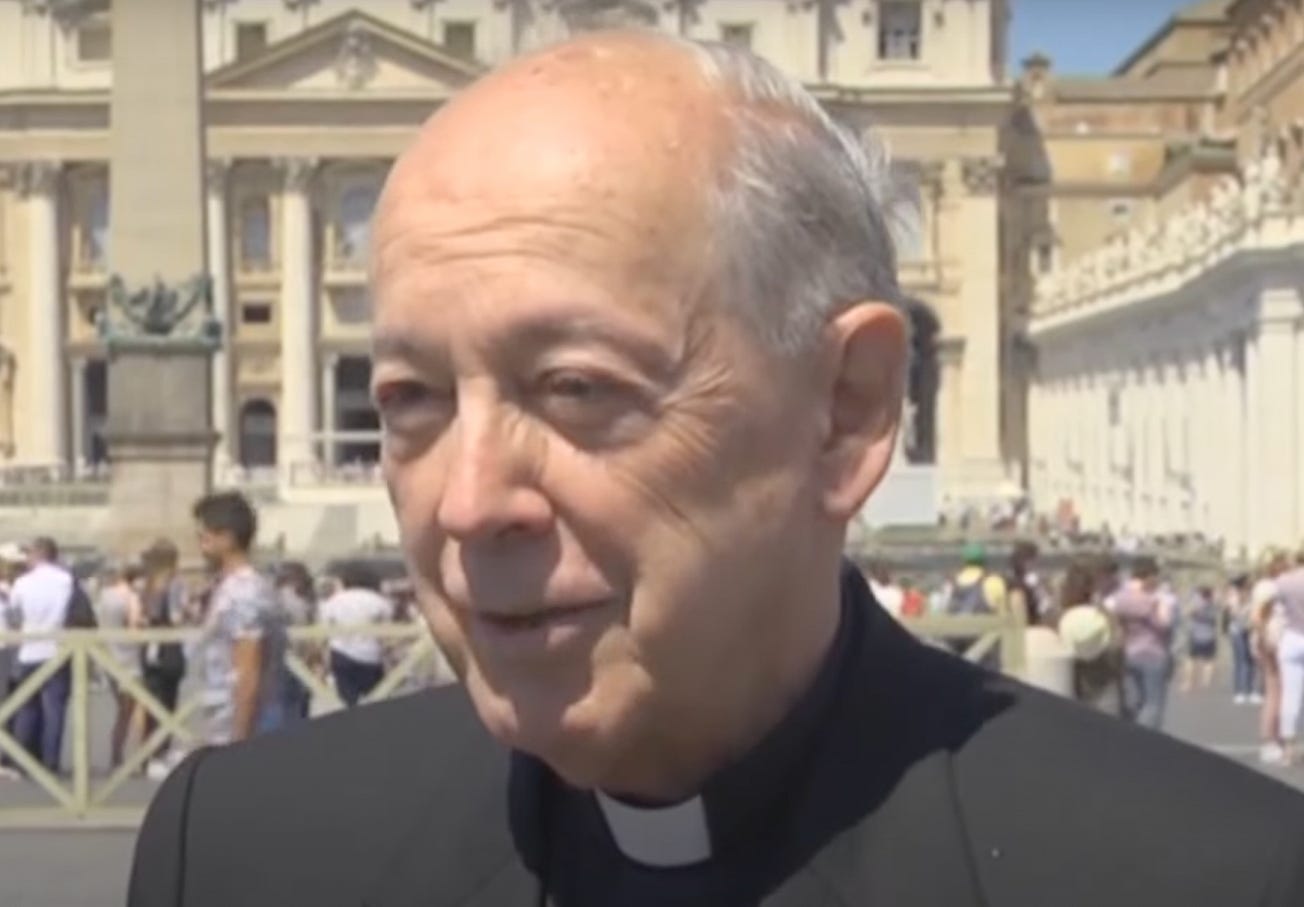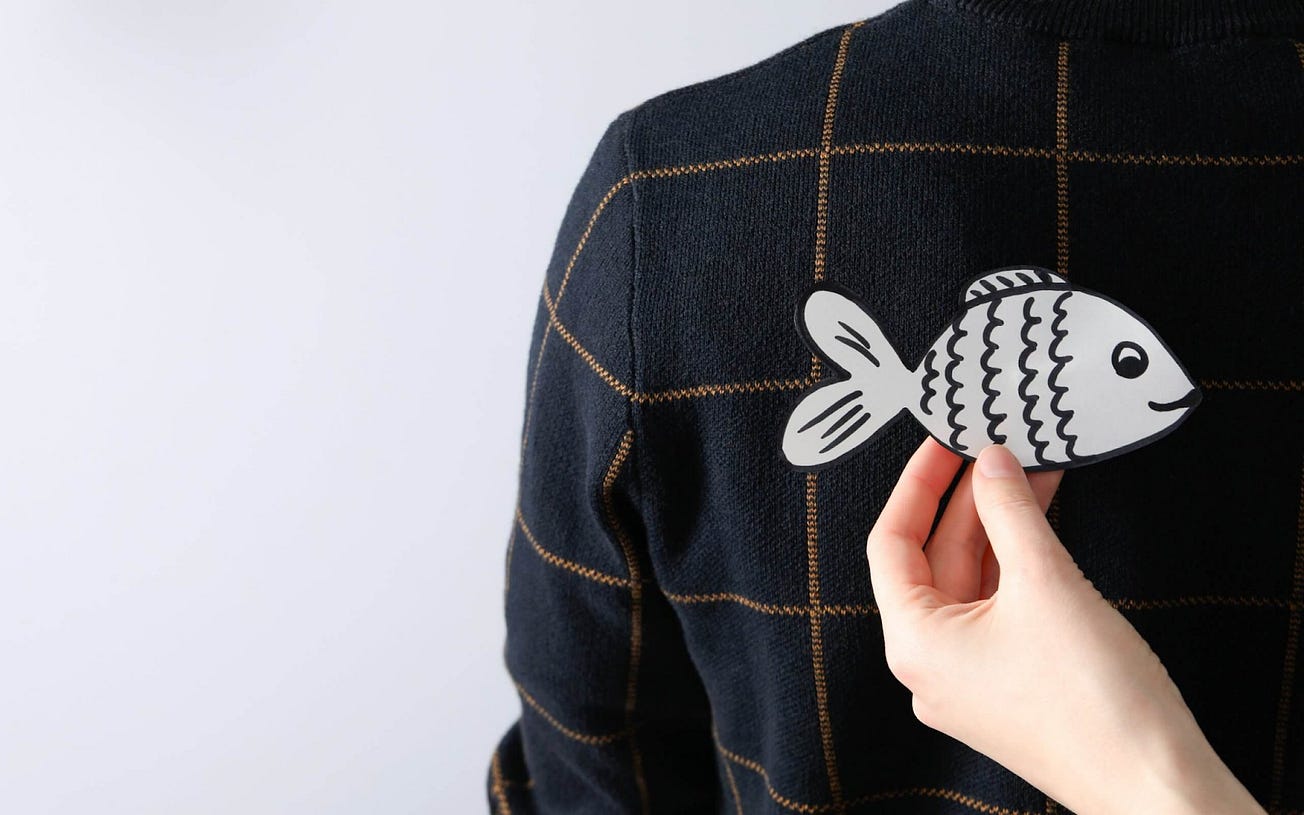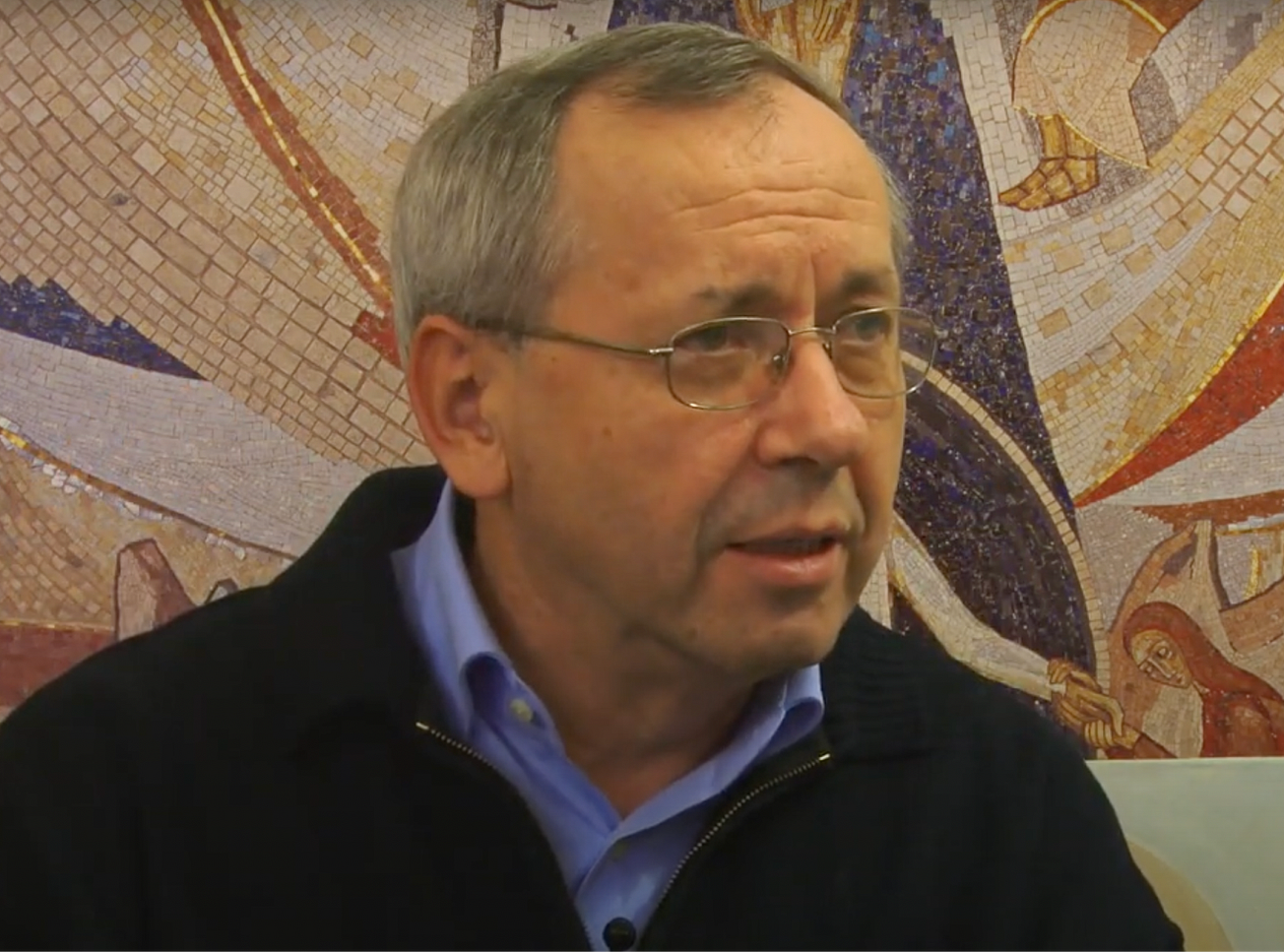Since winning the Nov. 5 presidential election, Donald Trump has wasted no time in announcing cabinet picks for his new administration.
Some appointees have made headlines in recent weeks, and generated no shortage of controversy, but there are a whole host of less prominent positions which the president will also be responsible for filling in the months to come.
One of those is the U.S. ambassador to the Holy See.
The United States has only enjoyed formal diplomatic relations with the Holy See since 1984.
Since then, the role of ambassador has always been filled by a Catholic. But beyond that, backgrounds of appointees have varied considerably over the past 30 years – from members of Congress to academics to businessmen.
Previous ambassadors in the position include Harvard Law professor Mary Ann Glendon, former Catholic Relief Services president Ken Hackett, RNC chairman Jim Nicholson, and U.S. Rep. Joe Donnelly.
In a sense, speculating about whom Trump might pick for the ambassador position may seem futile. Trump’s appointments in recent weeks have made clear that he is very much willing to think outside-the-box and make nontraditional appointments, to put it mildly, rather than select from a short list of prominent frontrunners.
Still, there are a few different ways Trump might approach the appointment, which could influence the type of nominee he might pick.
Trump’s relationship with Catholicism is a complicated one. His wife, Melania, is Catholic, as is his vice president-to-be J.D. Vance.
After losing the Catholic vote four years ago, Trump handily won it this time around, by a 56-41 margin. He routinely posted Catholic imagery and prayers on his social media accounts throughout the campaign, recognizing Catholic feast days such as the Nativity of Mary and All Saints Day.
At the same time, Trump has garnered criticism from Pope Francis on several occasions, and from the U.S. bishops’ conference. Francis’ emphasis on care for migrants and the environment have put him at odds with some of Trump’s more prominent policy positions.
Asked during the 2016 campaign about Trump’s plan to build a wall between the United States and Mexico, the pope replied, "A person who thinks only about building walls, wherever they may be, and not building bridges, is not Christian.”
During the 2024 campaign, Francis was again asked about the U.S. presidential elections, and responded in part by saying that “one who is chasing away migrants” is “against life.”
Selecting an ambassador who is seen as aggressively anti-immigrant could become a problem for Trump, if he wants his diplomatic ambassador to the Vatican to be effective in forging partnerships of potential common ground in international affairs, including the biggest — Francis and Trump seem both eager to see international support for a negotiated peace in Ukraine.
At the start of Barack Obama’s presidency, the role of ambassador to the Holy See remained vacant for several months, amid media reports that the Vatican was resisting several potential candidates over their support for legal abortion.
It is possible that Trump may want to go with a “safe” pick for ambassador to the Holy See – someone who will be welcomed at the Vatican without drawing unsavory headlines or attracting additional criticism from the pope or other Vatican officials.
A possible candidate could be someone like former U.S. Senator Rick Santorum. A prominent Catholic, Santorum has taken numerous stances on immigration that align with Trump’s views over the years, although presented in a far less acerbic manner.
What he’s better known for, though, is his ardent pro-life stance. A noted speaker at pro-life events nationwide, Santorum is the father of seven living children – including one who has Trisomy 18. He and his wife have also spoken openly about their son who was born prematurely and died a few hours after birth.
The Trump administration has largely backed away from its pro-life commitments this time around, with the president dropping his previous campaign promise to nominate pro-life judges, vowing to veto a federal abortion ban, and pledging to create an IVF insurance mandate. He recently nominated Robert F. Kennedy Jr., a known abortion advocate, to lead the Department of Health and Human Services.
Still, pro-life views are part of the expected credentials for an ambassador to the Holy See. Santorum’s devout faith, palatable tone, and predictable formulations of GOP policy ideas could make him an amiable presence in the Holy See diplomacy.
Alternatively, Trump could look to move away from partisan politics with a pick like Tom Farr, president emeritus of the Religious Freedom Institute.
During his last term, Trump appointed Calista Gingrich, wife of key Trump ally and former Speaker of the House Newt Gingrich, to the role of ambassador to the Holy See. Much of her work as ambassador focused on areas of agreement between the Trump administration and the Vatican, such as the fight against human trafficking and the promotion of religious freedom.
Farr, one of the nation’s leading experts on religious freedom, could continue the work of championing that cause.
Farr brings with him a distinguished resume, with decades of experience in the U.S. Army, American foreign service, and academia.
He has also served as a consultor to the U.S. bishops’ conference and was the first director of the State Department’s Office of International Religious Freedom. He would be a respected presence at the Vatican.
Another option would be for Trump to see the Holy See appointment as an opportunity for political strategy.
One possibility – certainly an example of a nontraditional pick – could be Supreme Court Justice Clarence Thomas.
Thomas, 76, is currently the oldest member of the Supreme Court, and some GOP strategists have suggested that he should consider retiring during Trump’s second term, to avoid the potential of being replaced down the road by a president who is less friendly to conservative ideals.
Supreme Court justices tend to eschew that kind of political strategizing, viewing themselves as being above partisan divides. And there’s no indication that Thomas would be interested in the job of ambassador – at 76 years old, he would be significantly older than the average ambassador appointee.
But Thomas has indicated that he has been unhappy with life in D.C. in recent years, where he has faced criticism over the political activism of his wife, an adamant Trump supporter, and been questioned over the ethics of his acceptance of undisclosed gifts and vacations.
And his Catholic faith is important to him. Thomas has spoken over the years about how he left the practice of the faith in the 1960s, after experiencing racism at a Catholic seminary in Georgia.
Ultimately, he returned to the faith and became a daily Mass-goer, saying he realized Catholicism to be true.
If Trump were able to tempt the conservative icon into retirement from the court by sending him to Italy for a few years, he could augment his own influence and legacy by securing another Supreme Court pick for himself.
Yet another approach for Trump could be to use the ambassador to the Holy See position to reward any number of key allies who helped make his election possible.
Trump has made clear that he values loyalty as one of the key criteria in his appointments, even for picks that may not have traditional credentials. And it is not uncommon to see various ambassador roles given as rewards for political supporters.
One possibility could be businessman Joe Ricketts, the billionaire founder of TD Ameritrade.
Ricketts has donated some $4 million to the Trump campaign over the last three election cycles.
He is a Catholic who makes annual silent retreats and has spoken about the impact of Ignatian spirituality on his life. His philanthropic endeavors include support for education, art, and a retreat center in Nebraska.
Together, Ricketts’ four children own the Chicago Cubs. Ricketts’ eldest son is Pete Ricketts, a U.S. Senator from Nebraska.
Ricketts’ wealth would make him an interesting character in Vatican diplomacy, given Pope Francis’ criticisms of unbridled capitalism and calls for higher taxes on billionaires.
Of course, Trump has a penchant for unpredictable appointments, and a surprise pick is very likely.
But when Trump does pick someone, he’ll be sure to let the world know. In fact, he might just pledge that the U.S. ambassador to the Holy See will “make the Vatican great again” — regardless of what Pope Francis would think of that.

